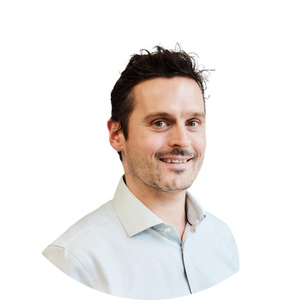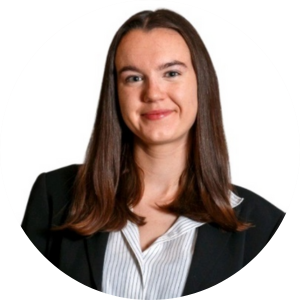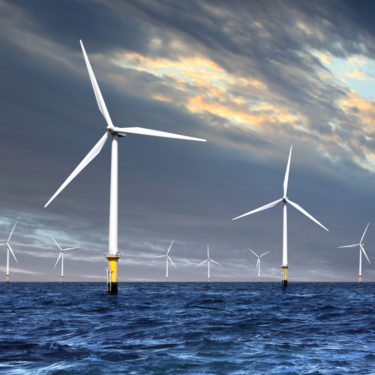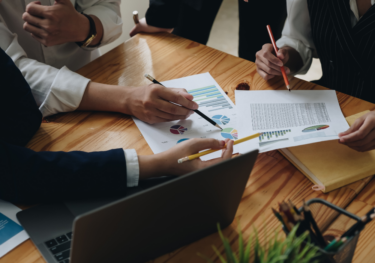Assessing Nature Risk and Quantifying Scenarios
Register now to access the On-Demand webinar.
Nature degradation and biodiversity loss pose material challenges to corporate strategy and risk management. We will discuss how we assess nature-related risks, impacts and dependencies, and explore their implications for companies’ business operations including the supply chain.
Join us to hear how we model potential changes to the future state of nature in our newly developed scenarios, which offer both qualitative narrative and quantitative analysis, and get an insight into how these changes might feed through to the economy and international supply chains. Our analysis can support robust transition planning and help companies align with TNFD and SBTN.
This webinar is held on our new platform, ON24. If you do not receive the confirmation email, please do check your junk and spam folders.

Jake Kuyer
Associate Director, Economics & Sustainability
+44 (0) 20 3910 8000

Jake Kuyer
Associate Director, Economics & Sustainability
London, United Kingdom
Jake Kuyer is an Associate Director and leads the Economics & Sustainability team within Economic Impact Consulting. He has extensive experience applying economics to challenges around the environment and social impact. He has managed numerous projects across the public, private and third sectors covering a broad range of fields. At Oxford Economics, he works with our economic models, such as our bespoke Global Sustainability Model, to embed sustainability into our offerings. He works with clients to understand both their impact and dependence on the environment, and to achieve their sustainability ambitions.
Prior to Oxford Economics, he worked for a multi-national engineering firm focusing on environmental impact, an economics think tank focusing on social value, and a boutique consultancy specialising in environmental economics. He has earned degrees with distinction from the University of Victoria, Canada, and the University of Edinburgh, UK.

Sarah Nelson
Lead Economist, Economics & Sustainability
+44 (0)203 910 8000

Sarah Nelson
Lead Economist, Economics & Sustainability
London, United Kingdom
Sarah is Lead Economist in the Economics & Sustainability team at Oxford Economics. She works with clients to understand their environmental impacts and dependencies, and helps them achieve their sustainability goals. She has professional and research experience in the economics of decarbonisation, energy policy and environmental and economic impact assessments.
Prior to joining Oxford Economics, Sarah worked in economic consulting in Sydney and London, where she worked on energy regulation, anti-trust, carbon forecasting and social welfare assessments. She holds Bachelor’ degree in economics and physics from the University of Auckland, and a Masters in Economics from the University of California, Santa Barbara, where she was a Fulbright Scholar. Sarah completed a PhD in climate economics and policy from the University of Cambridge in 2021.

Aniska Bitomsky
Assistant Economist, Economics & Sustainability

Aniska Bitomsky
Assistant Economist, Economics & Sustainability
Aniska joined Oxford Economics in 2024 after completing her MPhil in Environmental Policy at the University of Cambridge. She has a strong background in environmental economics, experience in economic valuation methods and green budgeting. She was an undergraduate research fellow at the LSE supporting a project establishing the economic value of demining and worked as an intern for the thinktank Green Budget Germany prior to joining.
Tags:
Related Content

Global Risk Service
A suite of data-driven and forward-looking tools that provide an objective and transparent measure of risk.
Find Out More
Global Climate Service
Assess the impact climate change will have on all facets of your business. Now and in the future.
Find Out More
Sustainability Management Advisory Platform
Unlock sustainability insights to support your business
Find Out More
Global Sustainability Model
Accurately measure your organisation's global footprint through economic, environmental and social lenses, identify risks and develop strategies to become more sustainable.
Find Out More